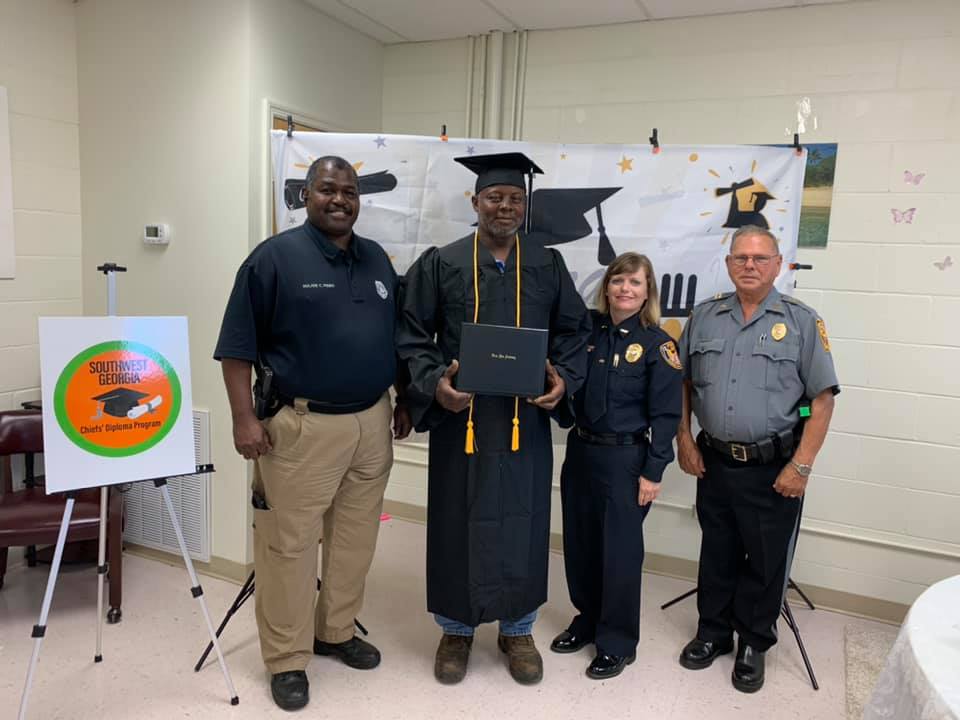
Building Trust Between Communities and Law Enforcement: Strategies for Success
Trust between communities and law enforcement is essential for a safe and harmonious society. However, building and maintaining this trust can be challenging, particularly in the face of historical grievances, discrimination, and systemic issues. Understanding these challenges and implementing effective strategies can pave the way for improved relations. In this article, we’ll explore common obstacles in police-community relations and provide actionable strategies for fostering trust.
Common Challenges in Police-Community Relations
Challenges that can often make law enforcement and community relations difficult include:
- Historical grievances and systemic Issues: Many communities, especially marginalized groups, have experienced a history of mistrust and conflict with law enforcement. Incidents of excessive force, racial profiling, and unequal treatment have contributed to a legacy of tension. LGBTQIA+ community relations with law enforcement, for example, are harmed by discriminatory laws and practices that have historically led to a fraught relationship with police.
- Lack of communication and transparency: A significant barrier to trust is the lack of open communication and transparency between law enforcement and the communities they serve. When police actions are perceived as opaque or secretive, it breeds suspicion and doubt.
- Cultural misunderstandings: Cultural differences and a lack of cultural competency among law enforcement can lead to misunderstandings and conflict. Officers may not fully understand the unique needs and concerns of diverse communities.
- Accountability and oversight: A perceived or actual lack of accountability in cases of police misconduct undermines trust. Communities need assurance that law enforcement agencies are committed to upholding justice and addressing any abuses of power.
Strategies for Improving Police-Community Relations
Community Policing
Community policing is a strategy that emphasizes building relationships between law enforcement and community members. This approach involves officers engaging with the community, attending local events, and understanding the specific issues that residents face.
Enhancing Communication and Transparency
Law enforcement agencies can improve trust by being more transparent about their policies, procedures, and actions. Regular community meetings, open forums, and the use of social media for updates can help bridge the communication gap. Transparency in investigations and disciplinary actions also reassures the community that the police are accountable.
Cultural Competency Training
Training officers in cultural competency can significantly improve interactions with diverse communities. This includes understanding and respecting cultural norms, addressing implicit biases, and learning about the specific challenges faced by underrepresented groups.
Building Partnerships With Community Organizations
Collaborating with local organizations, especially those representing minority groups, can enhance trust and cooperation. These partnerships can provide valuable insights and support for both law enforcement and the community.
Implementing Community Review Boards
Establishing community review boards to oversee police actions can increase accountability and transparency. These boards comprise community members and can review incidents of misconduct and provide recommendations for improvement.
The Chief’s Diploma Program: A Model for Success
The Chief’s Diploma Program (Rural Communities Diploma Program) from the Dr. Annise Mabry Foundation exemplifies an innovative approach to improving police-community relations. This program is open to any law enforcement agency that wants to incorporate an alternative high school diploma program into their community policing initiatives or within their re-entry program. It has already proven to be successful in changing the economic outlook for former high school dropouts. By participating in this program, law enforcement agencies can demonstrate their commitment to community engagement and empowerment.
Building trust between law enforcement and the communities they serve requires a multifaceted approach that addresses historical grievances, enhances communication, and promotes accountability. Strategies such as community policing, cultural competency training, and the establishment of programs like the Chief’s Diploma Program from the Dr. Annise Mabry Foundation are essential steps toward improved relationships and safer, stronger communities.
The Dr. Annise Mabry Foundation is dedicated to improving our community by enhancing education opportunities, promoting synchrony between law enforcement and constituents, and encouraging community engagement. Our programs and initiatives include the Southwest GA Community Policing Resource Center and the Tiers Free Academy, a homeschool cooperative for students in grades 9-12 that provides an alternative diploma program for homeless LGBTQ youth, sex trafficking survivors, youth aging out of foster care, youth aging out of the public school system, youth previously under supervision of the Department of Juvenile Justice, and high school dropouts. To learn more about our offerings or support our work, consider subscribing to our newsletter or donating today!



No Comments